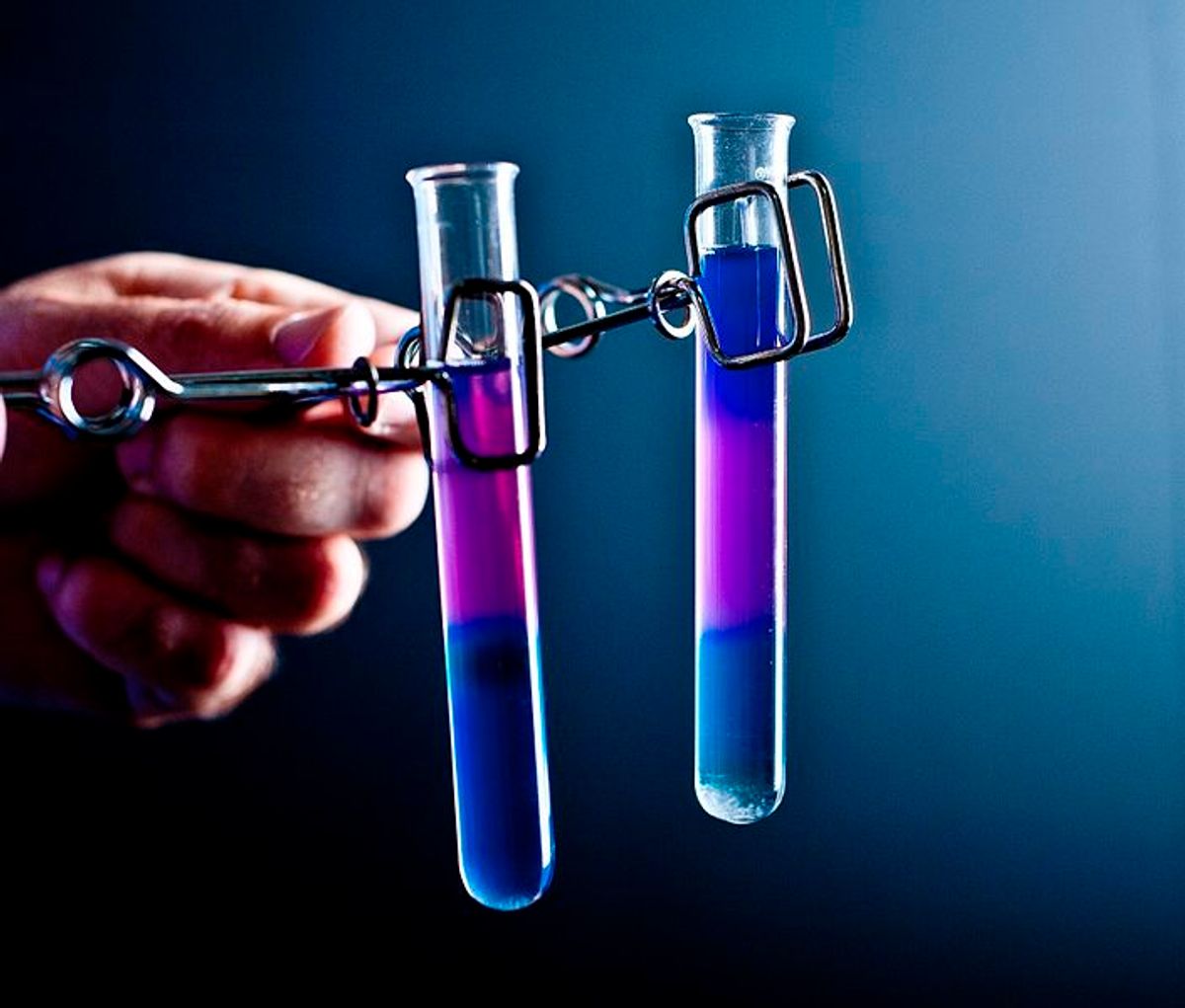We're on the brink of a "post-antibiotic era"--one where people routinely get horribly sick and die from surgery, childbirth, or simple infections. The culprit is evolution; specifically, bacteria that mutate to survive the overabundant presence of antibiotics. Not helping matters is the fact that 80% of all antibiotics sold in the U.S. are administered to livestock.
The drug industry isn't doing much to develop new drugs to fight the "superbugs" because antibiotics are administered short-term, making them far less profitable than pills like antidepressants or statins. The Infectious Diseases Society of America says antibiotic research in this country is on "life support", with only seven drugs currently in the pipeline to fight multidrug-resistant diseases.
Josiah Zayner, a new synthetic biology fellow at NASA, and Mark Opal, a neurobiologist and drug development specialist, have launched a proposed solution on Indiegogo: The Iliad Project. ILIAD stands for the International Laboratory for Identification of Antibacterial Drugs.
Contributors to the project will receive simple science kits with petri dishes, test tubes, and pipettes for testing environmental samples, such as fungi, plants, insects, and bacteria, for antibiotic properties; they will document their contributions on a wiki. Zayner and Opal hope to draw at least 1,000 participants from all over the world. Any promising discoveries to a network of professional scientists for further vetting. Although the proposed solution seems almost laughably simple compared to the severity of the problem, the ILIAD project will have the side effect of raising public awareness of the problem, and will give students across the country the chance to do some real science in the service of humanity.



Shares